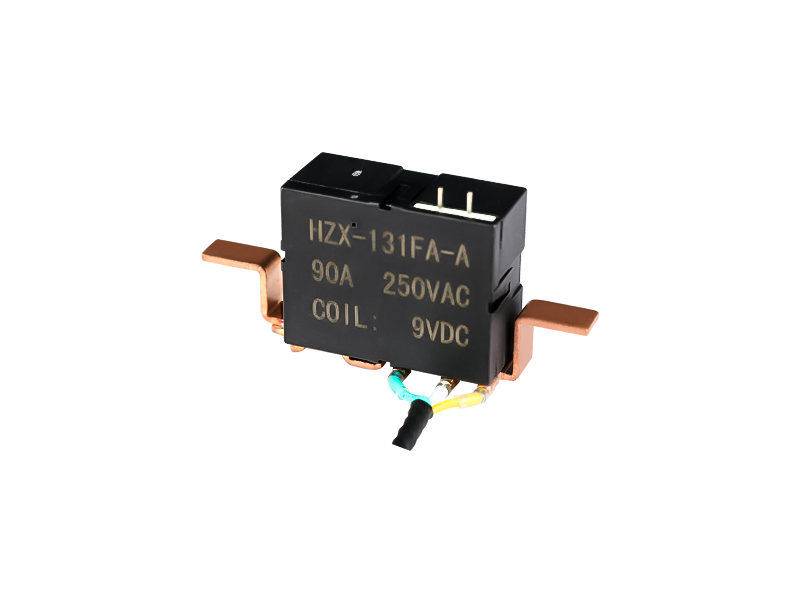First, understand the necessary conditions:
1. The power supply voltage of the control circuit and the maximum current that can be provided;
2. The voltage and current in the controlled circuit;
3. How many groups and what form of contacts are required for the controlled circuit. When choosing a relay, the power supply voltage of the general control circuit can be used as the basis for selection. The control circuit should provide enough working current to the relay, otherwise, the relay pull-in is unstable.
4. After checking the relevant information to determine the conditions of use, you can search for the relevant information to find out the model and specification number of the relay you need. If you have a relay on hand, you can check whether it can be used according to the data. Finally, consider whether the size is appropriate.
5. Pay attention to the volume of the appliance. If it is used for general electrical appliances, in addition to considering the chassis volume, the small relay mainly considers the circuit board installation layout. For small electrical appliances, such as toys and remote control devices, ultra-small relay products should be used.










